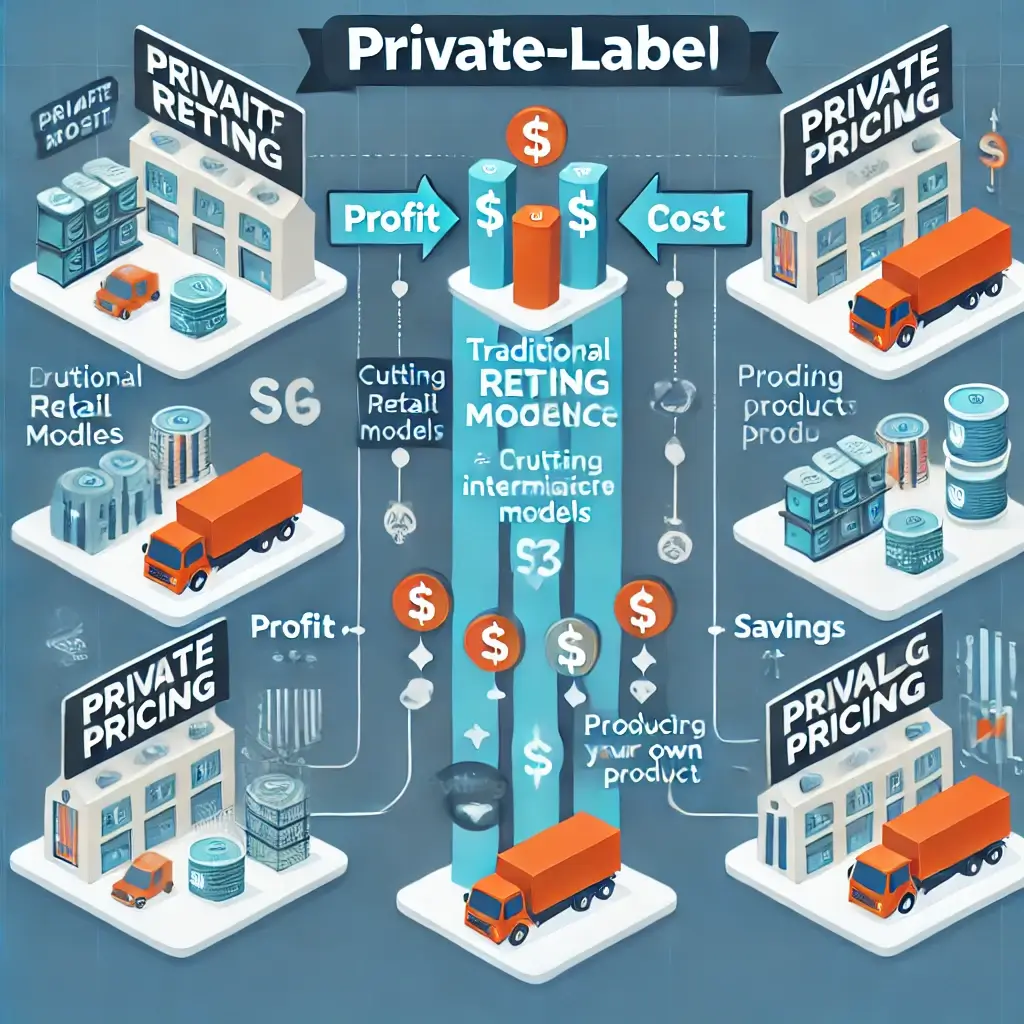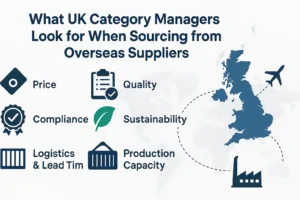Introduction

In the retail industry, several product development classifications have evolved as retailers increasingly engage in customizing product lines. These classifications include retail labels, private labels, private brands, direct market brands, and licenses. Understanding these categories can provide insights into how retailers create and market their products to consumers.
Retail Label
A retail label is a brand with the retailer’s name on it, such as Neiman Marcus, Custom Interiors, or Barney’s. Retailers may negotiate with manufacturers to put their label on a group of items instead of, or in addition to, the manufacturer’s label. Some items carrying a retail label may be exclusives, available only at one retailer or in a specific geographic region.
Key Points:
- Exclusive Items: Unique products available only through specific retailers.
- Branding Opportunities: Enhances retailer’s brand identity.
- Negotiations: Retailers work with manufacturers for label placement.
Private Brand
Similar to a private label but with greater market penetration through advertising, a private brand is exclusively owned by a particular store and is extensively marketed with a definite image. Examples include Target’s Mossimo brand, Macy’s I.N.C. brand, and JCPenney’s Stafford brand.
Highlights:
- Market Penetration: Extensive advertising to promote the brand.
- Exclusive Ownership: Brand names owned exclusively by retailers.
- Definite Image: Strong, marketed identity associated with the store.
Direct Market Brand
A direct market brand is a brand that carries the retailer’s name. This is often seen in specialty store chains such as Ann Taylor, IKEA, or Gap. These brands often have a full merchandise assortment of their own direct market products available in their stores.
Features:
- Retailer’s Name: Brand name is identical to the retailer’s name.
- Specialty Store Chains: Frequently used by specialty retailers.
- Full Assortment: Comprehensive product range under the retailer’s brand.
Career Paths in Product Development
Large retail companies and manufacturers/designers are major employers of product development staff. Career paths in this field include:
- Director of Product Development
- Merchandiser
- Sourcing Staff
- Designer
- Colorist
- Textile Technical Designer
- Patternmaker
- Quality Control Manager
Conclusion
The classifications of retail labels, private brands, and direct market brands each offer unique benefits and challenges. Retailers use these classifications to create, market, and distribute their products effectively. Understanding these categories can provide valuable insights into the retail industry’s dynamic landscape.
Contact Information
Interested in learning more or in need of professional sourcing and production support? Contact me at antor@antor.xyz or visit my website https://antor.xyz.






